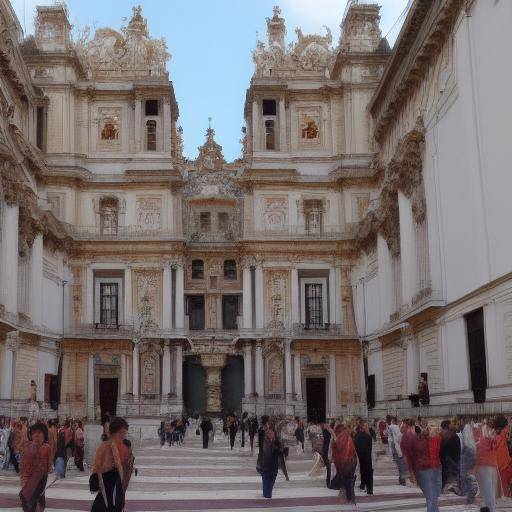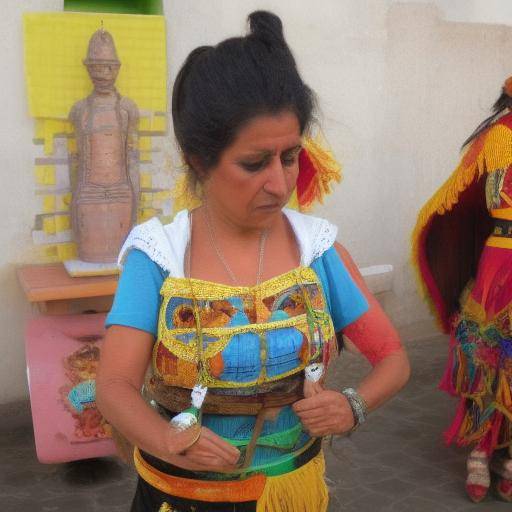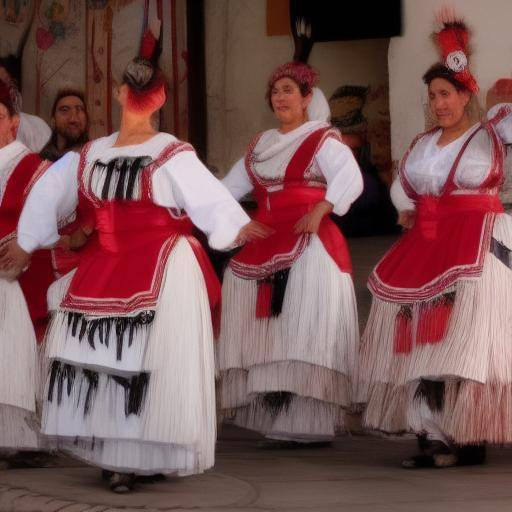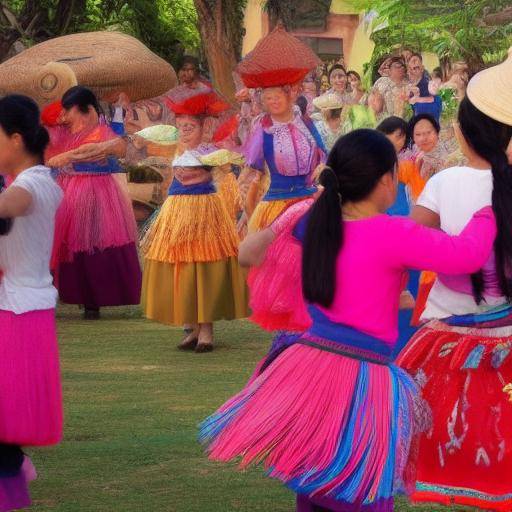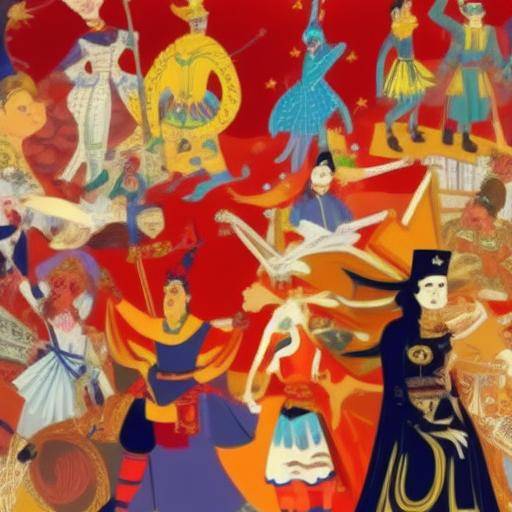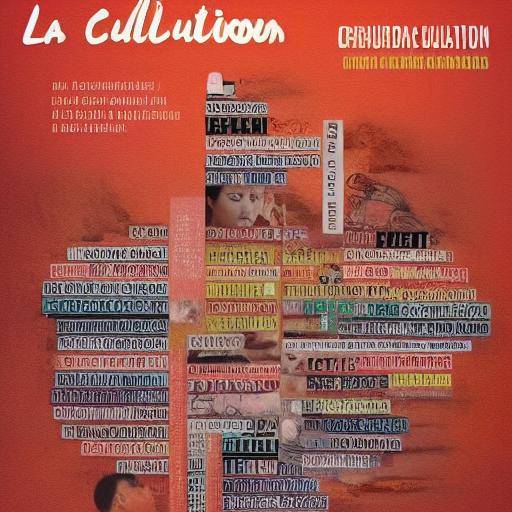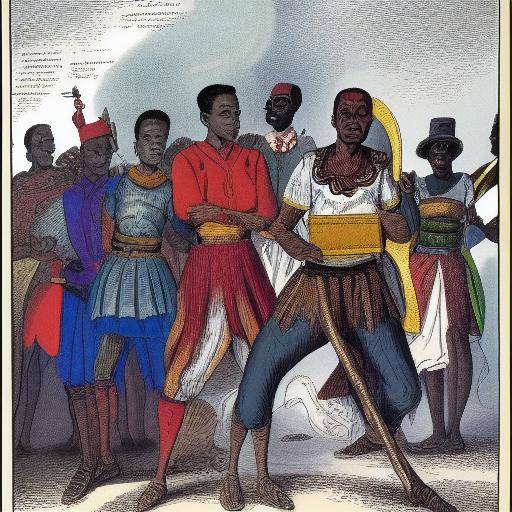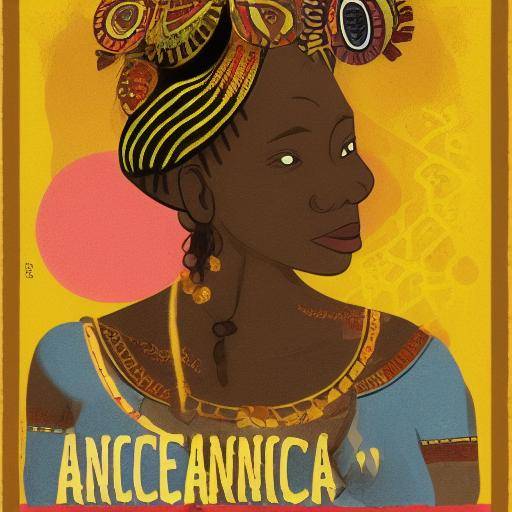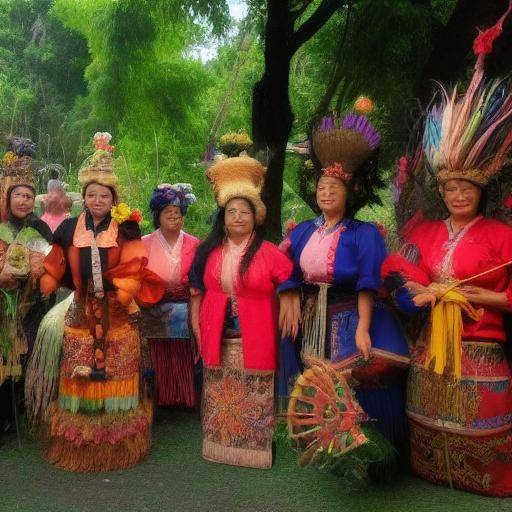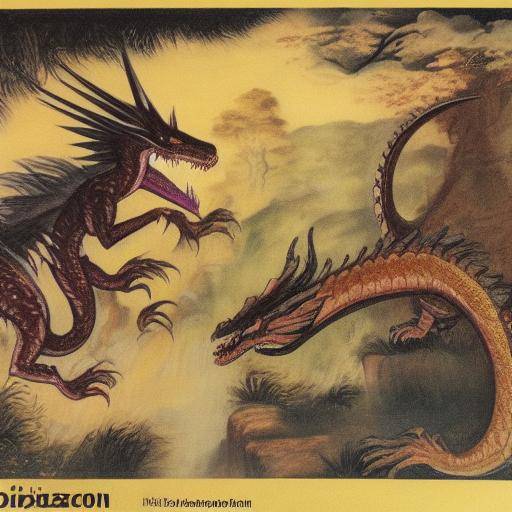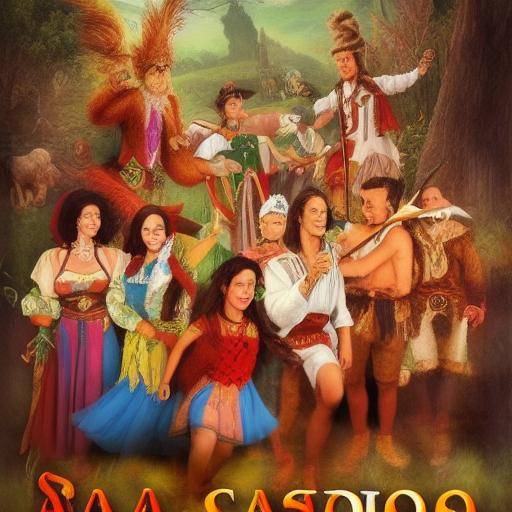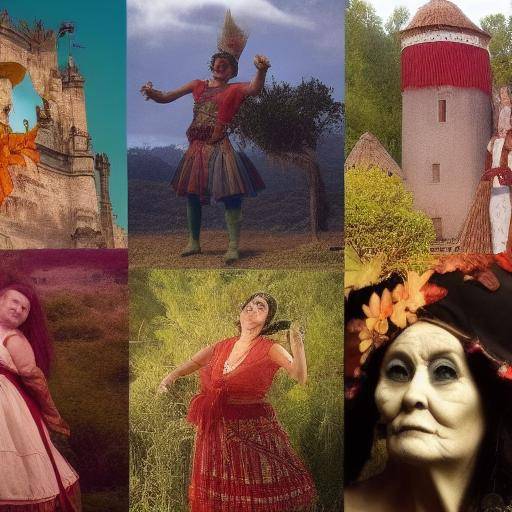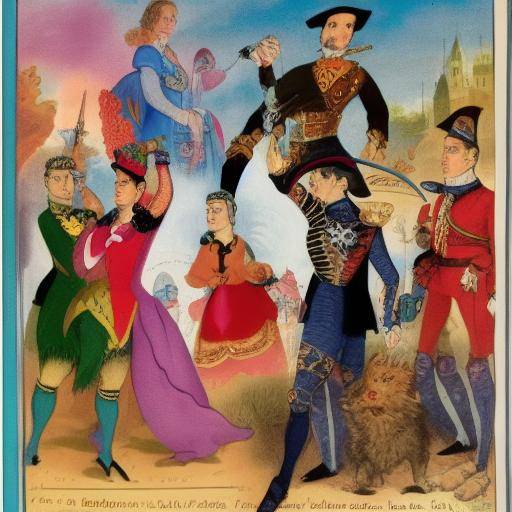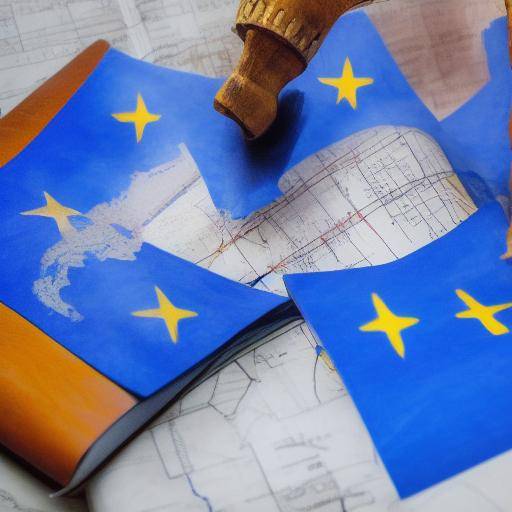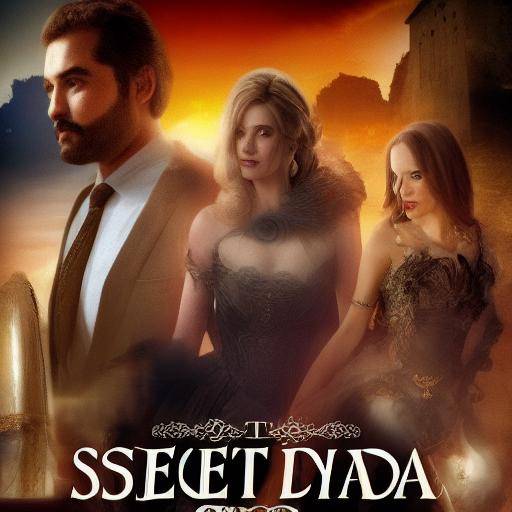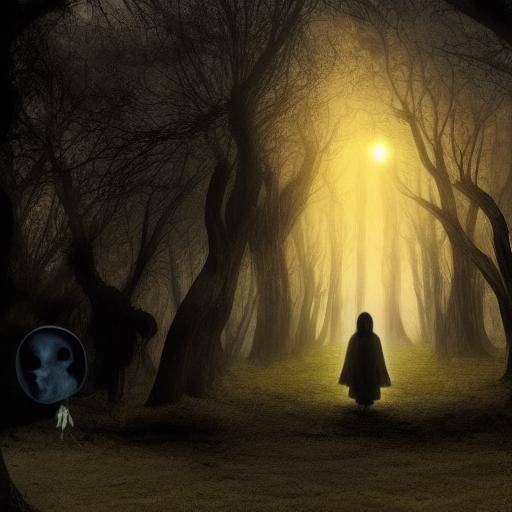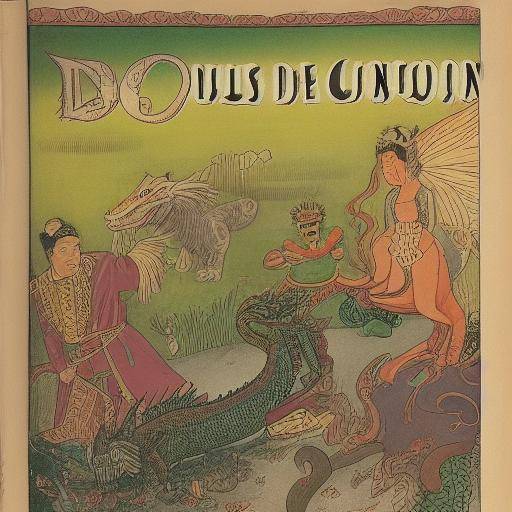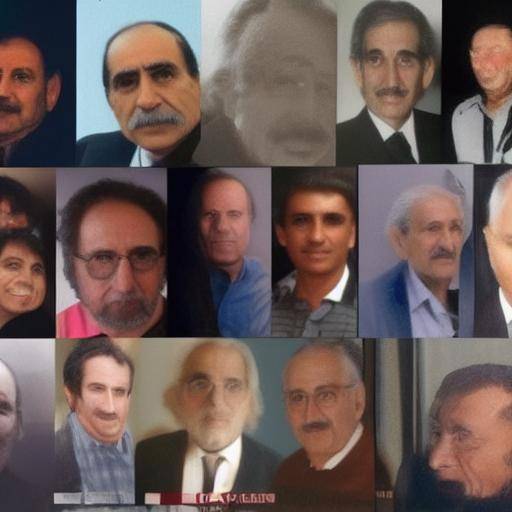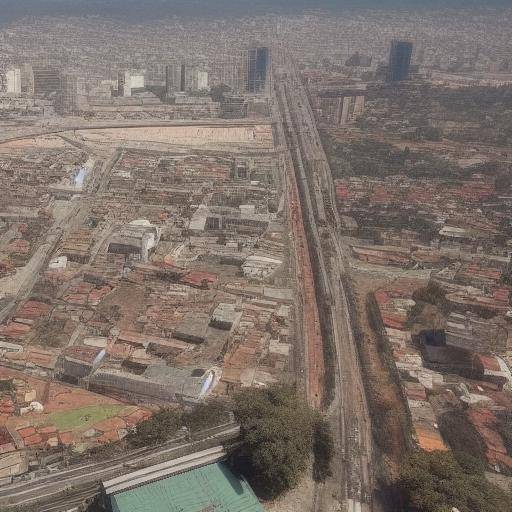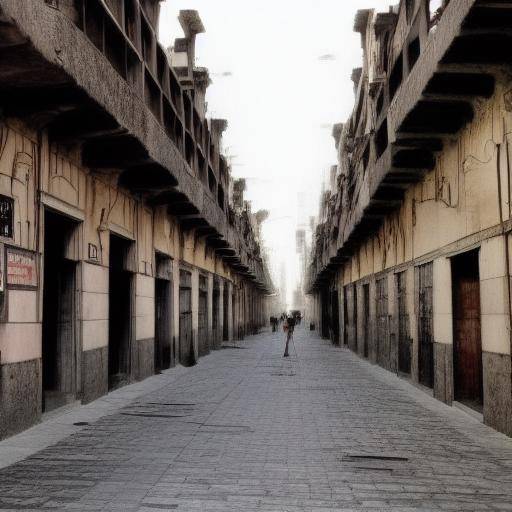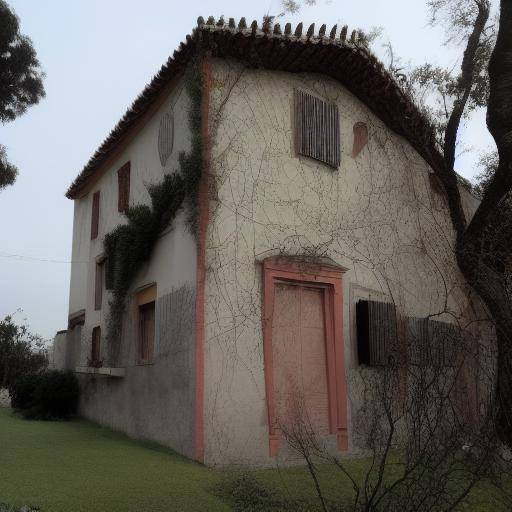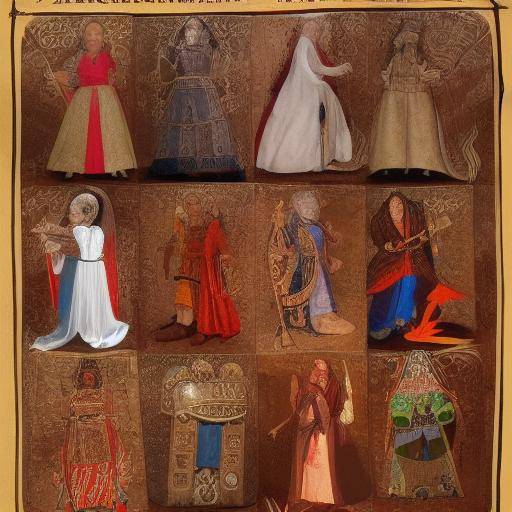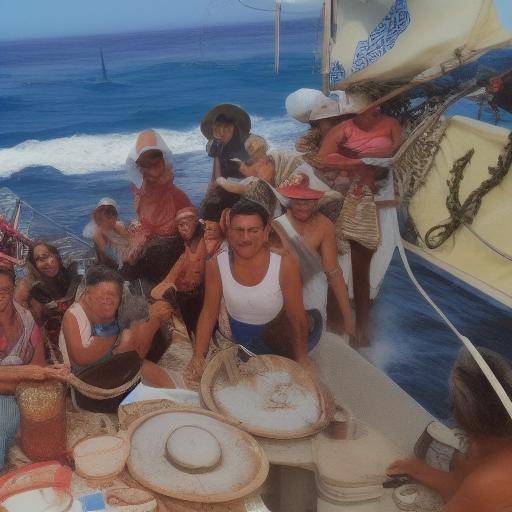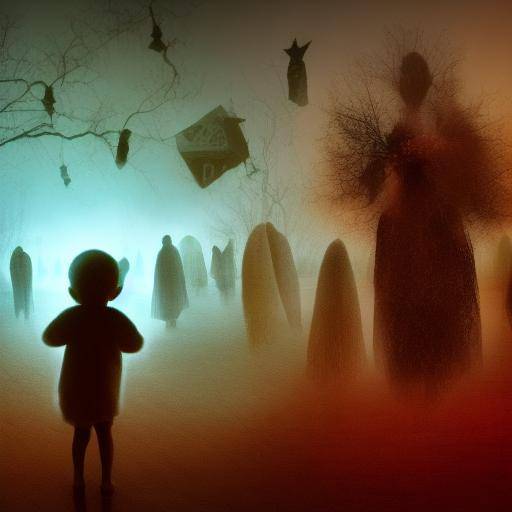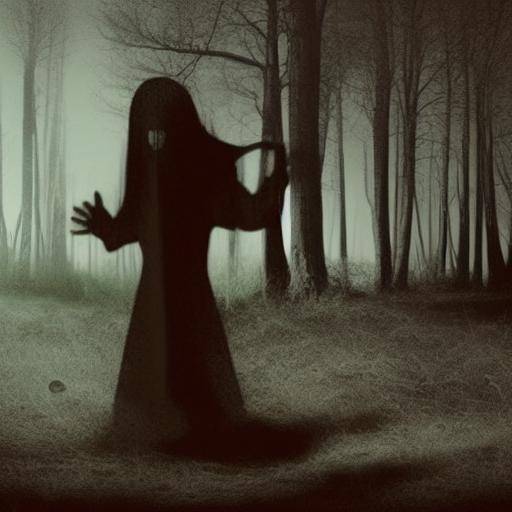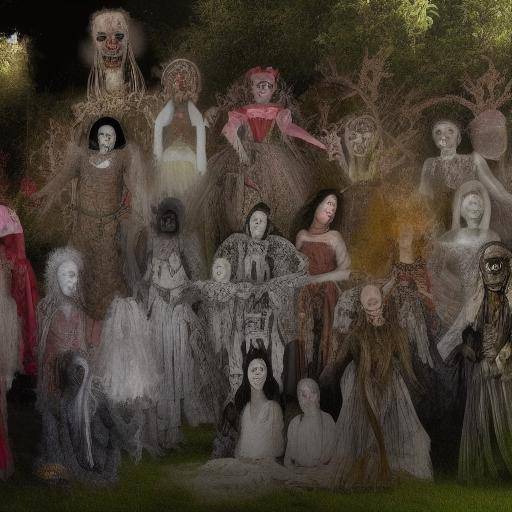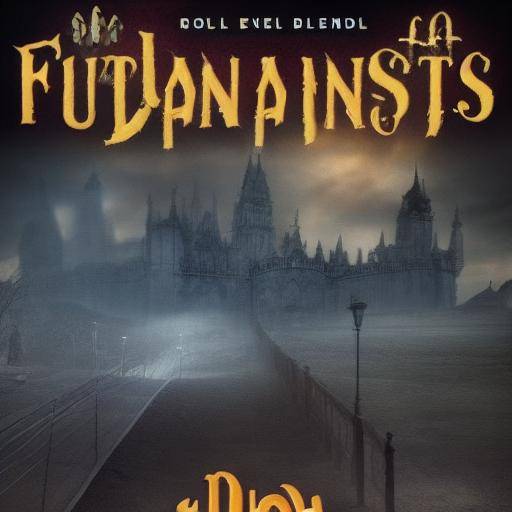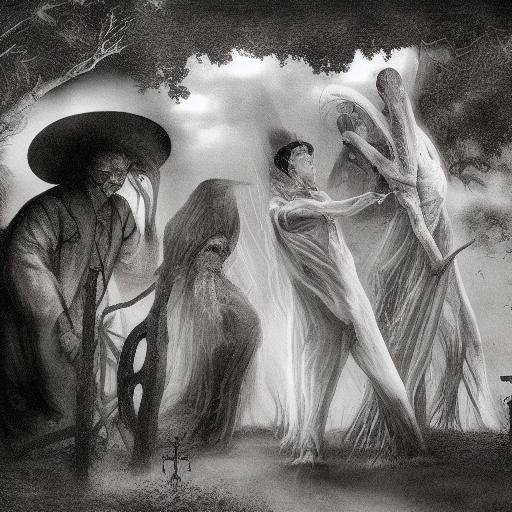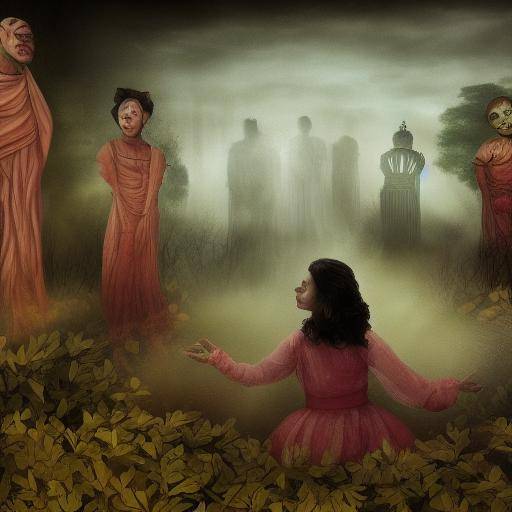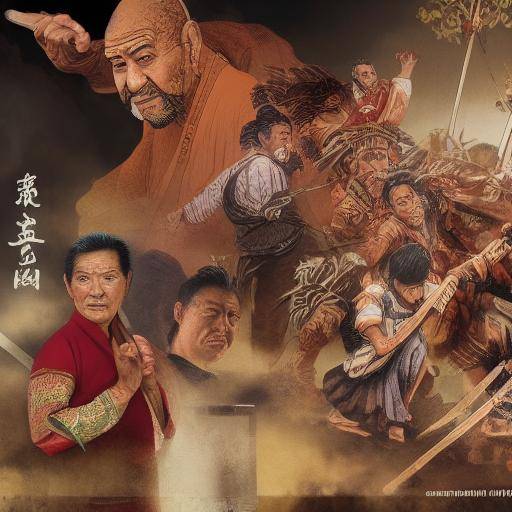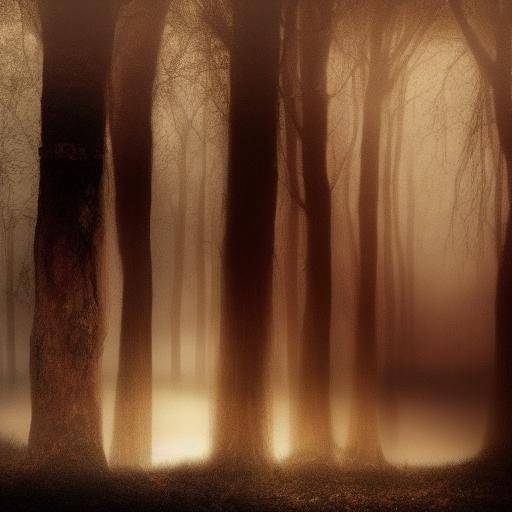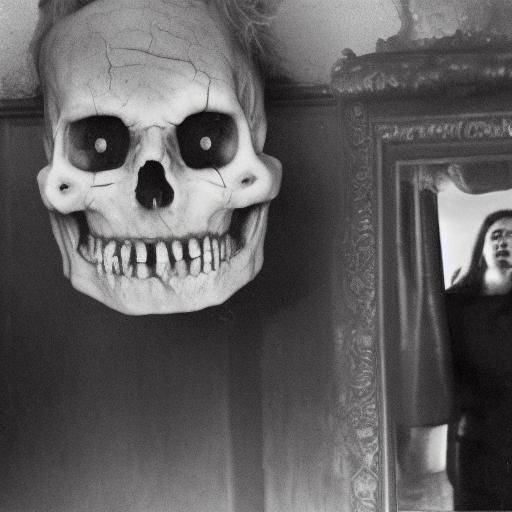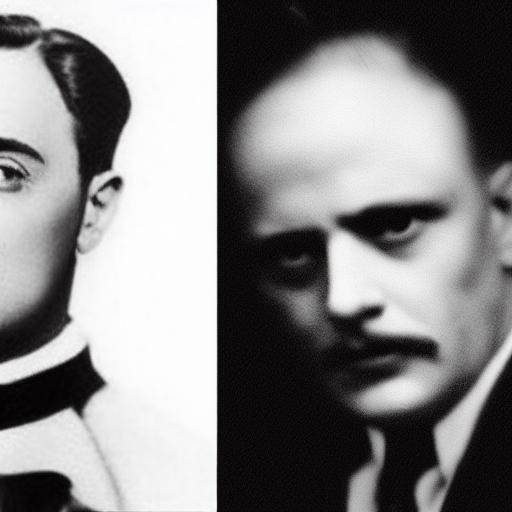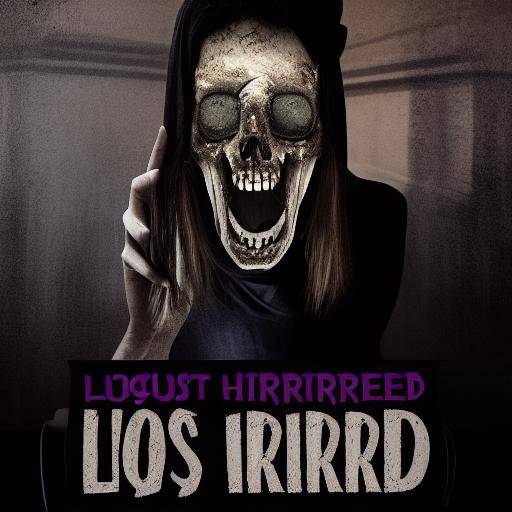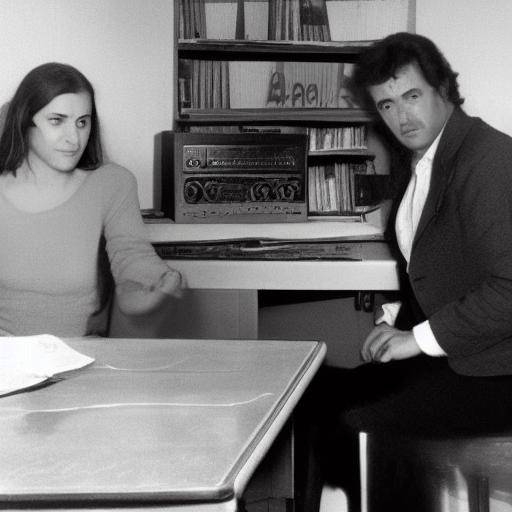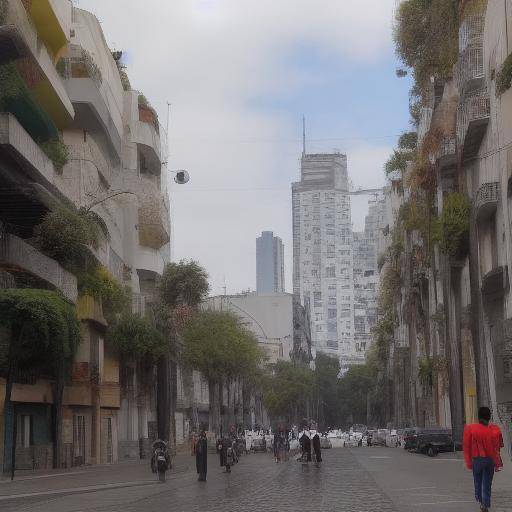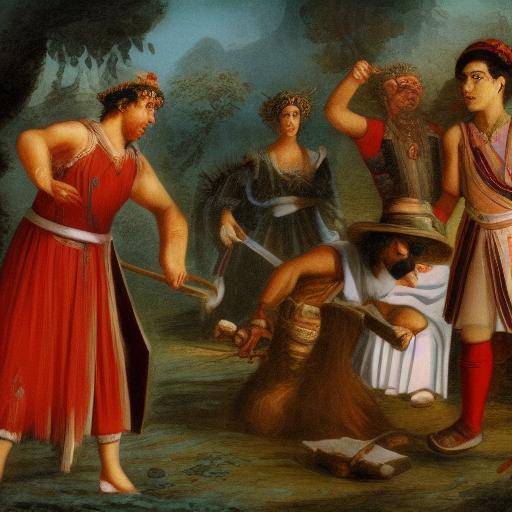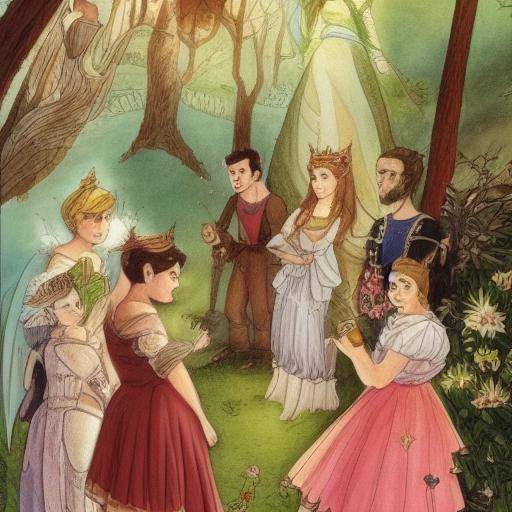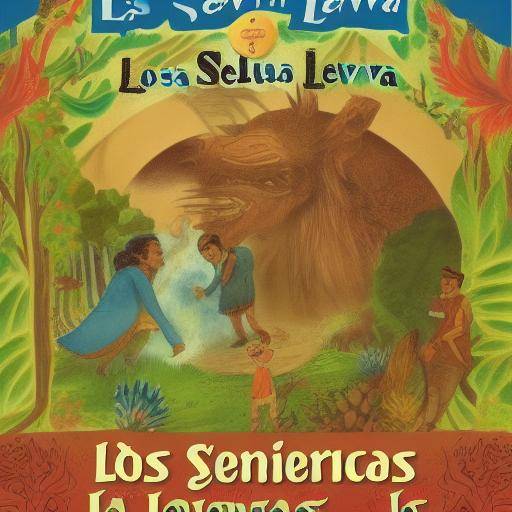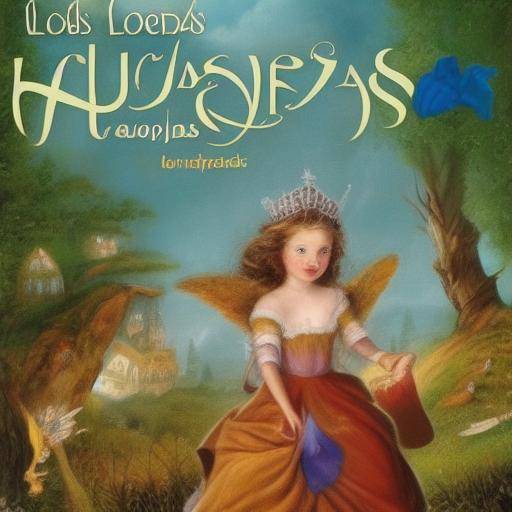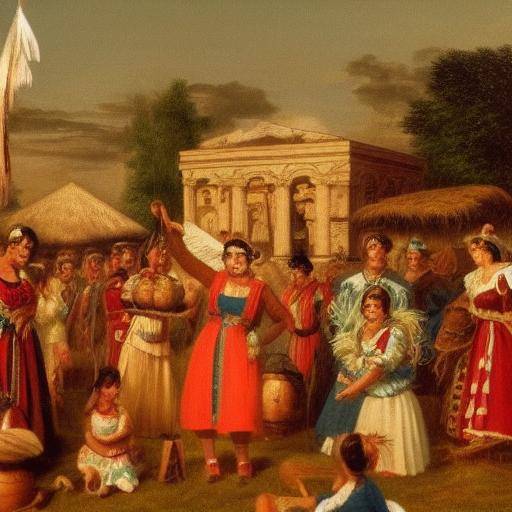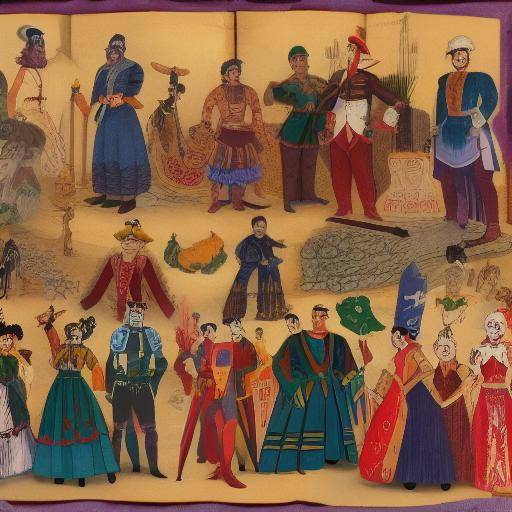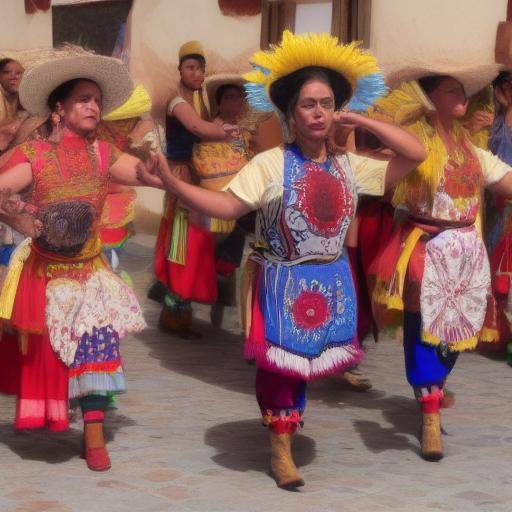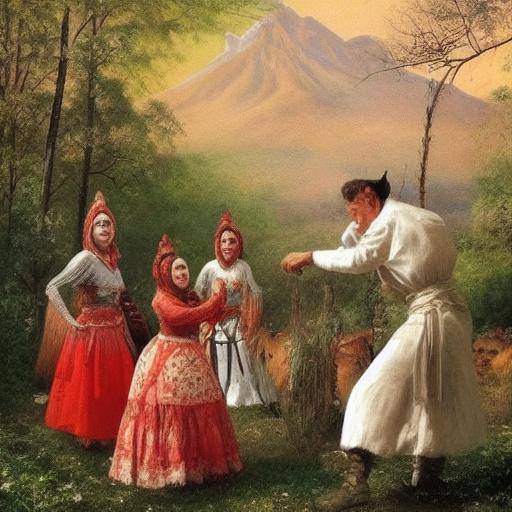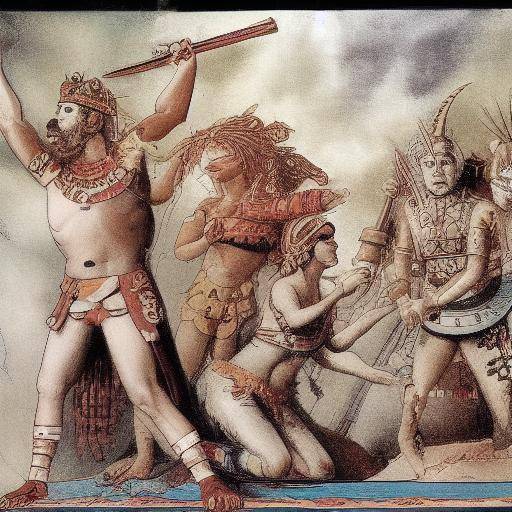
Polynesian mythology is a rich tradition that has enchanted generations with its fascinating myths and legends. In particular, the myth of creation in Polynesian mythology immerses us in a universe of deities, heroes and the formation of the world. In this article, we will explore in detail this exciting issue, discovering epic stories, fundamental beliefs and their relevance in Polynesian culture.
Introduction
Polynesian mythology is a vast and diverse group of cultural traditions intertwined in the Pacific Islands. Among the most outstanding stories are the myths of creation, which explain the origin of the world and humanity. These sacred narratives offer a unique view of the Polynesian worldview and reveal profound teachings about human existence and the relationship with nature.
History and Background
To understand the myth of creation in Polynesian mythology, it is crucial to get into its history and cultural context. The roots of these legends go back to thousands of years, rooted in the beliefs of the various polynesian communities. From the Hawaiian Islands to the lands of Aotearoa (New Zealand), each region brings its own set of myths and stories, enriching the rich tapestry of Polynesian mythology.
Origins and Evolution
Oral tradition has been the main means of transmitting these stories over the centuries. As Polynesian societies expanded through the vast ocean, the myths of creation intertwined with everyday experiences, shaping the beliefs, rituals and values of their peoples.
In the encounter with colonial and religious influences, Polynesian mythology experienced profound transformations, sometimes challenging and others merging its original roots. Such dynamics have led to a constantly evolving polynesia mythology, whose myths of creation reflect the interaction between the ancestral and the contemporary.
Analysis in Deep
The myths of creation in Polynesian mythology not only transport us to a primordial time, but also offer valuable reflections on human nature, cosmic equilibrium and connection with the environment. Through the figure of deities such as Tangaroa, Pele or Maui, these stories explore universal themes of love, betrayal, adventure and redemption, drawing a vivid panorama of human condition.
Exploring these myths from a deeper perspective reveals the complex layers of meaning they contain. From the creation of the islands and the elements, to the appearance of the first human beings, each story displays a mystical plot that invites reflection and contemplation.
Comprehensive review
In addition to its narrative and historical value, the myths of creation in Polynesian mythology open windows to the understanding of cultural perceptions about the relationship between man and the cosmos. Reverence by nature, the importance of oral tradition and the sense of community are intertwined in these stories, taking relevance today as sources of inspiration and cultural preservation.
As the Polynesian communities face contemporary challenges, the revaluation of their creation myths emerges as a powerful reminder of ancestral wisdom that can offer valuable insights to address current global dilemmas.
Comparative analysis
By comparing the myth of creation in Polynesian mythology with the narratives of other cultures, there is a fascinating contrast and simultaneous similarity between the cosmogonies of the world. While each culture articulates its own unique vision of origin, comparative analysis allows us to glimpse universal convergences that suggest a common legacy of fundamental human experiences.
The narratives of creation in the Nordic, Egyptian or Australian aboriginal mythology, among others, reveal the diversity of approaches to addressing these momentous questions. This comparative study enriches our understanding of the myth of creation in Polynesian mythology, showing its place within the global mosaic of cultural beliefs and roots.
Practical Tips and Accessible Recommendations
For those interested in deepening Polynesian mythology and the myths of creation, there are various ways to approach this vast cultural universe. Some recommendations include:
- Traveling to the Polynesian Islands: To immerse yourself in the natural environment and the daily life of the Polynesian communities gives an authentic perspective on the influence of the myths of creation in contemporaneity.
- Academic research: Exploring works of anthropologists, historians and scholars of Polynesian mythology can offer a deeper understanding of their historical and cultural context.
- Participate in Festivals and Events: Many Polynesian communities celebrate festivals and events that incorporate representations of their myths and legends, providing an immersive cultural experience.
- Art and Literature: Exploring literature, art and music inspired by Polynesian mythology can provide a contemporary appreciation of its traditional narratives.
Conclusion
The myth of creation in Polynesian mythology transports us to a world of wonder, mystery and wisdom that transcends time and space. Through these ancestral narratives, we get a unique view of the Polynesian worldview and its resonance today.
Exploring Polynesian mythology and its myths of creation is an invitation to discover the depth of human experience, reflect on our connection with the universe and appreciate the diversity of perspectives that enrich our world.
Frequently asked questions
What are the most known myths of creation in Polynesian mythology?
Polynesian mythology has various myths of creation, being some of the best known ones related to deities such as Tangaroa, Tāne, Pele and Maui. These divine figures play fundamental roles in the formation of the world and human existence.
How were the myths of creation transmitted in Polynesian culture?
The transmission of the myths of creation was carried out mainly through oral tradition, where the elders and community leaders shared these narratives with the generations to come. This practice has been instrumental in preserving the wealth of Polynesian mythology over time.
What lessons can we draw from the myths of creation in Polynesian mythology?
The myths of creation in Polynesian mythology offer profound lessons on the interconnection between human beings and nature, the importance of harmony with the environment and the relevance of oral tradition and cultural preservation. These stories present teachings that transcend cultural boundaries.
How have the myths of creation influenced Polynesian mythology in contemporary society?
The myths of creation remain a source of inspiration and cultural preservation for the Polynesian communities today. In addition, they have awakened the interest of people from various parts of the world, contributing to the global appreciation of Polynesian mythology and its relevance in contemporary society.
What is the importance of preserving the myths of creation in Polynesian mythology?
The preservation of the myths of creation in Polynesian mythology is vital to keep alive the traditions, values and ancestral wisdom of the Polynesian communities. It also contributes to the understanding and appreciation of cultural diversity and the wealth of human beliefs worldwide.
Where can be found artistic representations of the myths of creation in Polynesian mythology?
The artistic representations of the myths of creation in Polynesian mythology can be found in museums, art galleries, cultural centers and patriomonial sites in the Polynesian islands, as well as works of contemporary artists that are inspired by these ancient narratives.
Exploring the myth of creation in Polynesian mythology is to enter a universe of wonders that merges the past with the present, offering a kaleidoscope of knowledge, beauty and teachings that resonate in all corners of human existence.

